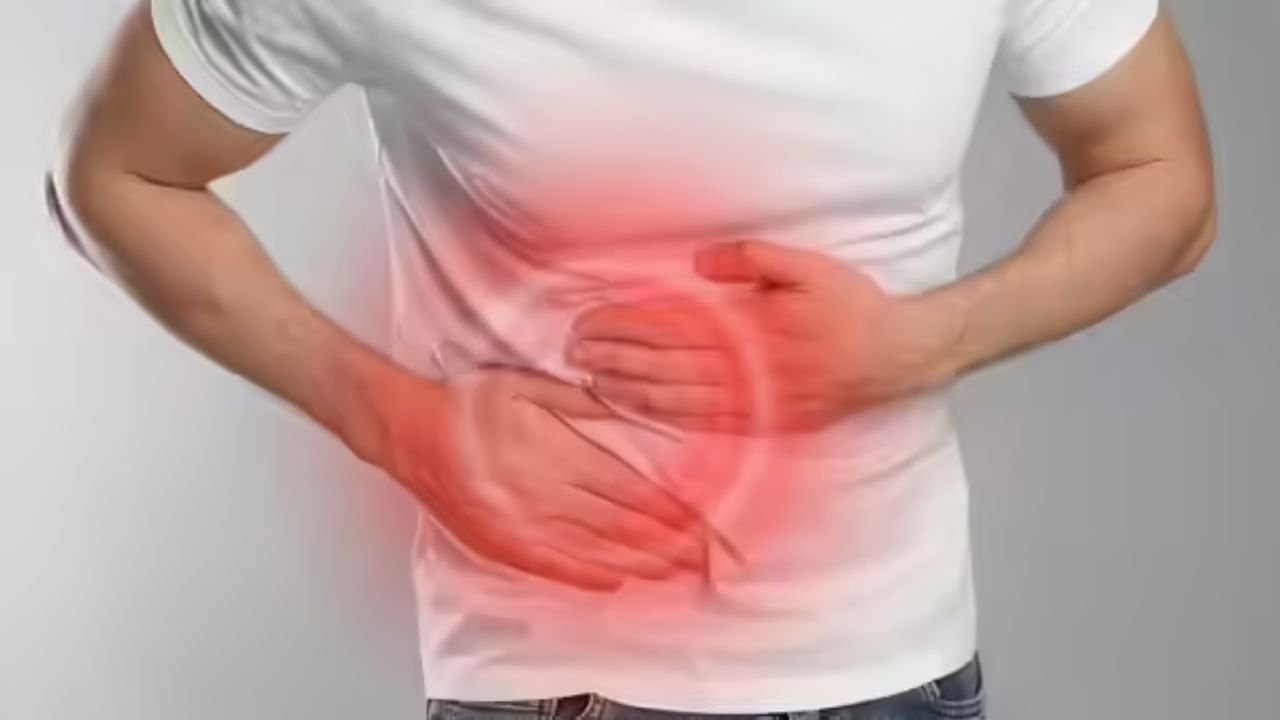Unexplained abdominal pain can disrupt daily life. It causes physical discomfort and concern about possible causes. Many cases are harmless and temporary. Some symptoms may indicate serious conditions needing medical attention. Know the causes and when to seek help.
What Causes Abdominal Pain?
Abdominal pain can arise from various factors, ranging from temporary conditions to chronic illnesses. Some common causes include digestive issues, infections, and menstrual health concerns. Irritable bowel syndrome (IBS) can cause cramping, bloating, and irregular bowel movements. Acid reflux might lead to discomfort in the upper abdomen or chest, particularly after eating. Gastritis, or inflammation of the stomach lining, and food intolerances such as lactose intolerance can also cause pain after consuming certain foods.
Pain stemming from infections is another frequent reason for discomfort. Urinary tract infections (UTIs) might cause lower abdominal pain. Similarly, gastrointestinal infections could lead to cramping, diarrhea, and nausea. For women, menstrual health plays a role in abdominal discomfort. While cramps during menstruation are common, conditions such as endometriosis or uterine fibroids may cause heightened or chronic pain. These disorders often require further investigation by healthcare professionals.
Abdominal pain can be caused by gas or bloating, which are often linked to dietary habits or slower digestion. These causes are generally harmless and resolve on their own without treatment. If symptoms become persistent or severe, seek further evaluation to rule out more serious conditions. Identifying the underlying cause can aid in proper management and relief.
When Should I Take Pain Seriously?
Deciphering when abdominal pain requires medical attention can be challenging. Not all discomfort signals serious health issues, but certain red flags indicate the need to consult a doctor promptly. If abdominal pain is severe and sudden, it may point to an urgent issue. This includes sharp or stabbing pain that worsens quickly over a short period of time. Accompanying symptoms such as fever, vomiting, or chest pain should never be ignored.
Chronic or persistent pain is another reason to seek evaluation. Pain lasting several days or recurring over weeks might indicate conditions like IBS, endometriosis, or fibroids. Changes in bowel habits, such as unexpected constipation or frequent diarrhea, may warrant further examination. Blood in stools, darkened stools, or unintentional weight loss also require attention.
If anxiety or depression accompanies your abdominal pain, reach out to a healthcare professional. Chronic pain can affect emotional well-being, and addressing mental health is a key part of managing overall symptoms. By addressing mental health alongside physical symptoms, you can work towards a more holistic approach to feeling better. Don’t hesitate to seek support; managing both aspects is key to improving your overall quality of life.
What Are Treatment Options?
Treatment for abdominal pain depends on the underlying cause. Lifestyle adjustments, dietary changes, and medications are some common approaches used to manage discomfort. For digestive conditions like IBS or acid reflux, doctors may recommend specific diets or over-the-counter medications to alleviate symptoms. Maintaining a food journal may help identify potential triggers that worsen pain.
For gastritis or infections, prescribed treatments often focus on reducing inflammation or eliminating pathogens causing discomfort. When pain is linked to menstrual health conditions, medical interventions may be necessary. Pain management techniques, hormonal medications, or surgical procedures could be part of a broader treatment plan to improve quality of life.
Therapy and counseling can benefit patients facing anxiety or depression linked to chronic pain. These mental health services provide coping strategies and emotional support, addressing the psychological toll of long-term pain. When combined with physical treatments, they often lead to improved overall outcomes. This holistic approach helps individuals manage both the physical and emotional challenges of chronic pain effectively.
Take a Step Toward Better Health
Unexplained abdominal pain isn’t something to dismiss, especially if it interferes with daily activities or quality of life. Understanding potential causes and recognizing warning signs is the first step to seeking appropriate care. If you’re concerned about ongoing discomfort, consulting with a healthcare provider can offer clarity and guidance. Early intervention and the right strategies can improve your well-being.



